11Foot binding
Advertisement
Foot binding is a cruel and disturbing fashion trend that prevailed in China in from the Song Dynasty until the 20th century. Allegedly it started in 501 AD and involved a consort of Southern Qi emperor Xiao Baojuan, Pan Yunu (died 501 AD), who had delicate feet and danced barefoot on a floor decorated with golden lotus flower design.
Therefore, upper-class women started binding their feet in order to attract the attention of an emperor. Young girls of ages between 4-9 years got their feet bound tightly. The process saw the feet soaked in a combination of animal blood to soften them. Then, the toenails were cut back to avoid infections. After that, the toes were warped downward towards the bottom of the foot, crushing the bones.
The broken toes were then firmly bound with cotton strips, preventing them from healing appropriately. Over the next few months or years, the process would be repeated every few weeks.
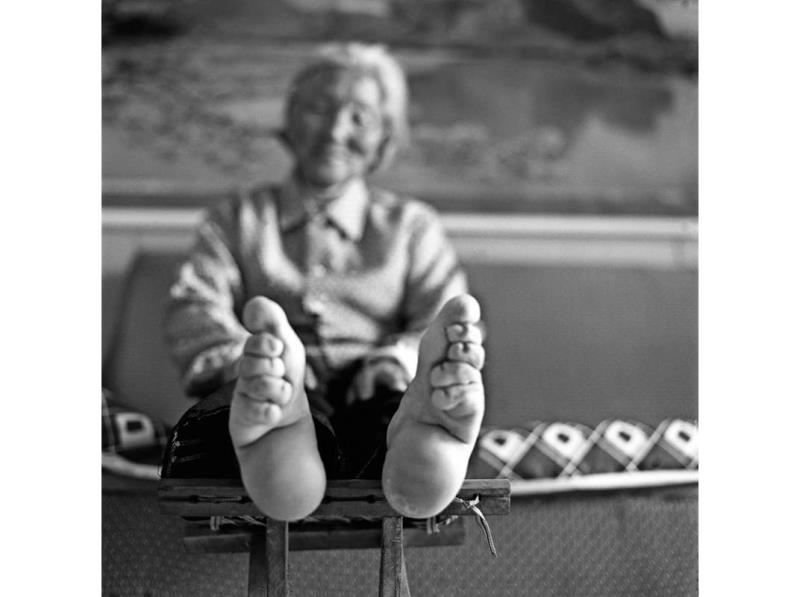
Image Source: thumbs-prod.si-cdn.com
12Hoop Skirts or Crinolines
Advertisement
Hoop Skirts or Crinolines were accessories worn under frocks in the 19th century. The hoops were made of horsehair, wood, or sometimes even steel. It was intended to push the skirt out and give the wearer the appearance of big, regal hips; the crinoline was also incredibly dangerous.
There are tales of women getting caught up in gusts of wind, being tossed off of cliffs, and getting caught in carriage wheel spooks. This trend was also deadly as women wearing these skirts couldn’t escape buildings in event of fires, which were a common occurrence in those days.
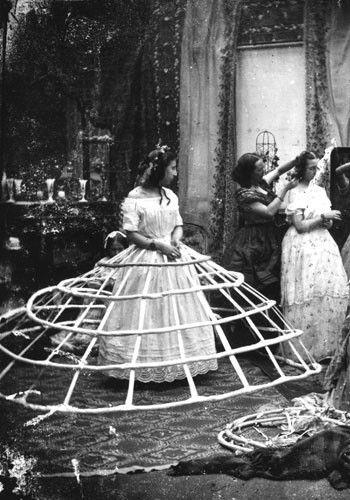
Image Source: pinimg.com
13Powdered Wigs
Advertisement
Middle ages saw the trends of wearing powdered wigs. Back then, many of those in the upper and middle classes had the disease known as syphilis, which produced some raunchy indicative smells and of course baldness.
Therefore in order to hide both the symptoms, people wore wigs made up of goat, horse or human hair known as perukes. The wigs were drenched in lovely scents like lavender and orange and helped cover the stink coming from down below. King Louis XIV began the trend by wearing these wigs.
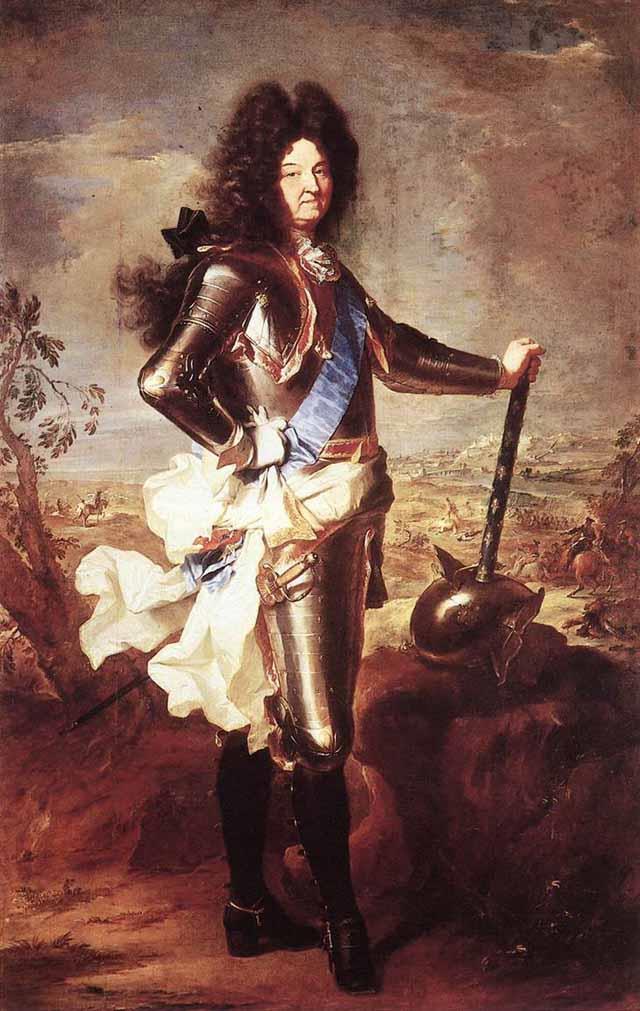
Image Source: www.cojeco.cz
14Corsets
Advertisement
Corsets were and are still used to achieve tiny waists, curvaceous hourglass figures which lead to Victorian women to faint. Not only women, even Victorian men wore corsets to achieve a narrower waist in the 1820s. However, when the male trend shifted to broader shoulder in the Victorian era, make corsets fell out of practice.
The trend continues today as women keep going back to corsets to achieve that hourglass figure.
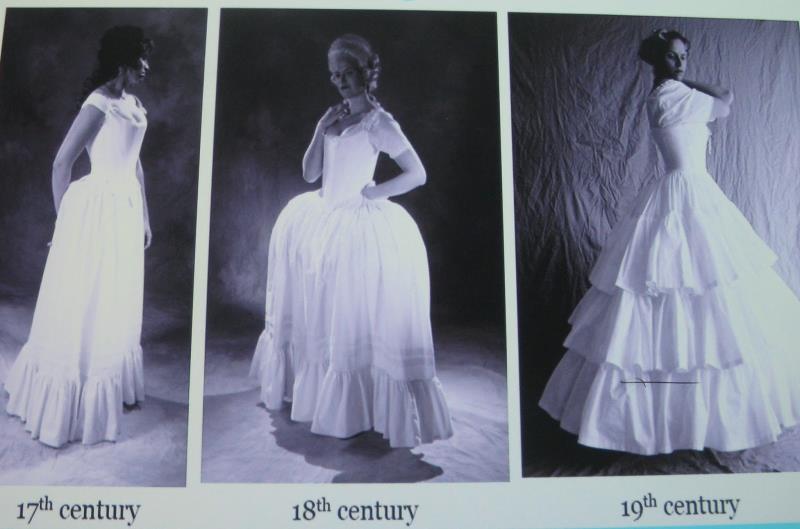
15Tudor Ruffs
Advertisement
The Elizabethan age saw the rise of the fashion trend of Tudor Ruffs. Queen Elizabeth, I preferred these suffocating neck collars made out of fine linen. However, people in Western Europe in mid 16th century took the ruff to a whole new level and it quickly grew in size and popularity. Ruffs of more exaggerated shapes started taking place, instead of decorative pieces.
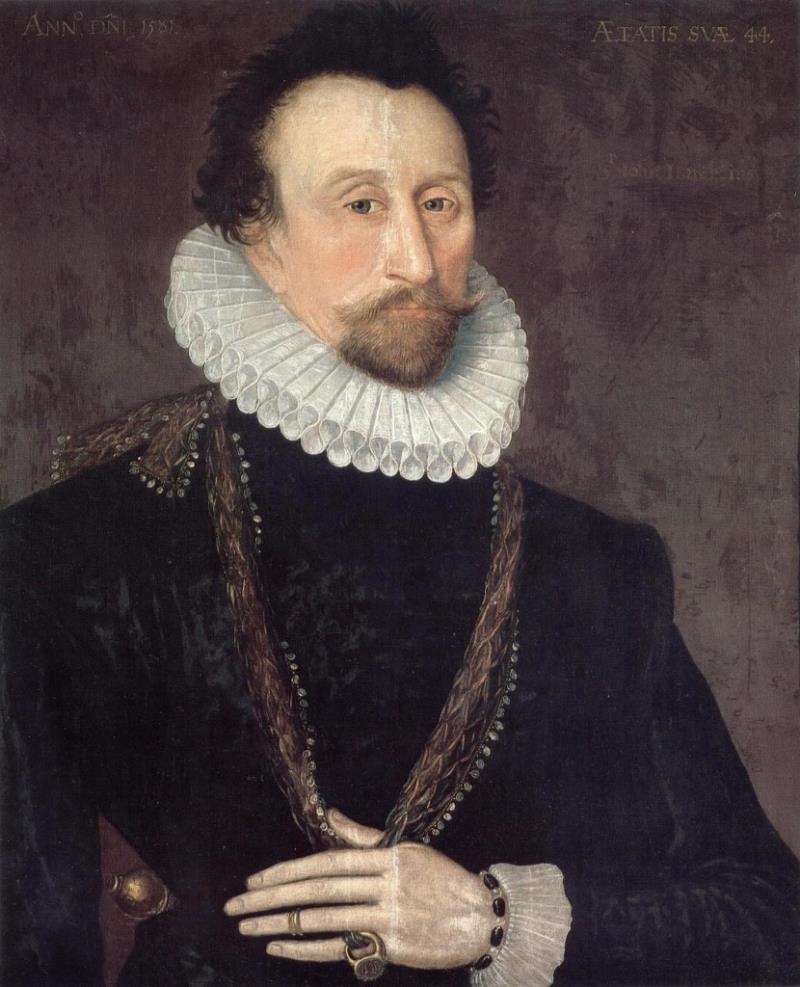
Image Source: www.shakespearesengland.co.uk